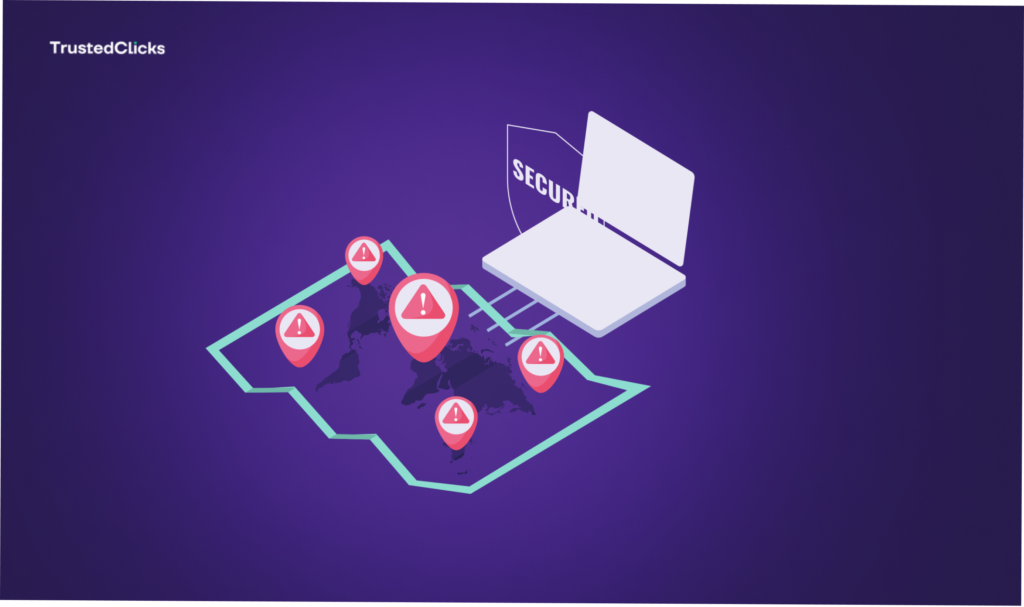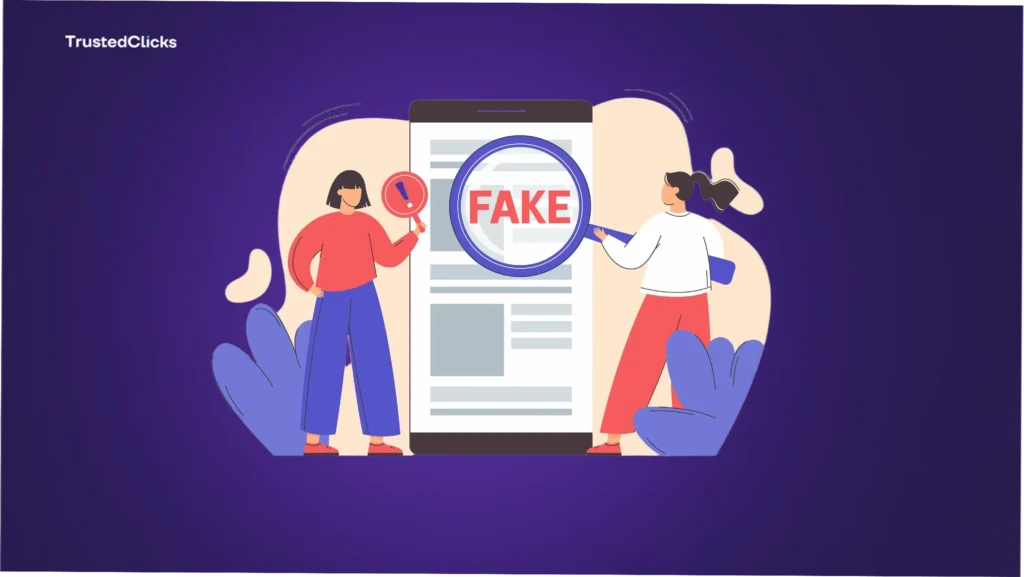- Website security, Affiliate marketing
The Hidden World of IP Reputation: What Your Address Says About You


What Is IP Reputation, Anyway?
At its core, IP reputation is a measure of trustworthiness assigned to an IP address based on its online behavior and history. Think of it as a credit score for your internet connection—a rating that reflects whether your IP plays by the rules or stirs trouble. This score is built from data points like traffic patterns, associations with malicious activity, and interactions across websites, email servers, and networks.
Cybersecurity firms, email providers, and website administrators rely on IP reputation to make split-second decisions. A “clean” IP with a strong reputation sails through unchecked, while a tarnished one might trigger blocks, CAPTCHAs, or outright bans. It’s a system that runs quietly in the background, yet its impact is felt everywhere online.
How IP Reputation Is Built (and Broken)

Your IP’s reputation isn’t static—it’s a living record shaped by actions over time. Here’s what goes into it:
Traffic Behavior
Are you sending thousands of requests per minute to a site? That’s a red flag for bot-like activity, dragging your reputation down. Normal browsing, on the other hand, keeps it steady.
Malware Ties
If your IP is linked to a botnet, DDoS attack, or hacking attempt—whether you’re aware of it or not—its reputation takes a nosedive.
Geolocation and Context
An IP hopping between countries in minutes or originating from a known proxy hub might raise suspicion, even if the activity seems benign.
The kicker? You don’t always control this narrative. A shared IP—like those on public Wi-Fi or corporate networks—can inherit the sins of others, while a compromised device might silently ruin your standing.
What Your IP Reputation Says About You
Your IP’s reputation isn’t just a number—it’s a story told to the digital world. Here’s what it might reveal:
- You’re Trustworthy: A high reputation signals you’re a legit user. Websites load faster, emails hit inboxes, and online transactions glide through without friction.
- You’re a Risk: A middling score might mean extra hurdles—think CAPTCHAs or two-factor authentication prompts—since systems aren’t quite sure about you.
- You’re Trouble: A low reputation paints you as a potential bot, spammer, or hacker. Expect blocked access, bounced emails, and a cold shoulder from ad networks or payment processors.
- You’re Hiding: IPs tied to VPNs or proxies often carry a mixed reputation. Some platforms see them as privacy tools; others flag them as evasion tactics.
This judgment happens in milliseconds, often without your knowledge. Your IP’s reputation is like a shadow following you online—sometimes flattering, sometimes unflattering, but always there.
The Real-World Impact
IP reputation isn’t an abstract concept—it has tangible consequences. Here’s how it plays out:
1.Email Deliverability: Ever wonder why your newsletter ends up in spam? A poor IP reputation could be the culprit, throttling your reach and frustrating subscribers.
2. Website Access: Low-reputation IPs might get blocked from e-commerce sites, forums, or streaming platforms, leaving users scratching their heads.
3. Business Operations: Companies relying on shared IPs—like small businesses or startups—can suffer if a rogue user tanks the pool’s reputation, disrupting services or ad campaigns.
4. Ad Fraud Fallout: Advertisers blacklist IPs with bad reputations to avoid fake traffic, cutting revenue for publishers caught in the crossfire.
5. Security Scrutiny: A shady IP might flag you for extra security checks—or worse, land you on a watchlist—complicating everything from online banking to travel bookings.
One striking example: in 2023, a major retailer’s marketing emails stopped reaching customers after their IP was blacklisted due to a rogue bot on their network. It took weeks of appeals—and a costly IP switch—to restore their reputation.
The Hidden Players: Who’s Watching Your IP?
A web of organizations tracks and shapes IP reputation, often behind the scenes:
- Blacklist Operators: Groups like Spamhaus, SURBL, and DNSBL monitor IPs for spam, malware, or abuse, feeding data to email providers and firewalls.
- Cybersecurity Firms: Companies like Cloudflare and Akamai assign reputation scores to filter traffic, protecting clients from threats.
- ISPs and Hosting Providers: Your internet provider or server host can influence your IP’s fate—poor management on their end might drag you down.
- Ad Networks: Google Ads and others use reputation to weed out fraudulent IPs, ensuring ad spend reaches real humans.
These gatekeepers wield immense power, yet their decisions are opaque to most users, making IP reputation a hidden force in the digital ecosystem.
Can You Control Your IP Reputation?
The good news: you’re not entirely at the mercy of this system. Here’s how to take charge:
- Monitor Your IP: Tools like MXToolbox or SenderScore let you check your IP’s status and spot trouble early.
- Secure Your Network: Keep devices malware-free and avoid sketchy sites to prevent your IP from being hijacked by bots.
- Use Dedicated IPs: For businesses, a dedicated IP sidesteps the risks of shared pools, giving you full control over its reputation.
- Appeal Blacklists: If wrongly flagged, submit delisting requests with evidence of good behavior—patience pays off.
- Switch if Needed: For persistent issues, ask your ISP for a new IP, though this is a last resort.
Pro tip: VPNs can mask your IP, but they come with their own reputation baggage—choose wisely if privacy is your goal.
The Future of IP Reputation
As the internet evolves, so will IP reputation. With IPv6 expanding the address pool, tracking individual IPs might get trickier, pushing systems to lean harder on behavior and AI. Machine learning could predict reputation shifts before they happen, while blockchain might offer a decentralized way to verify trustworthiness. Meanwhile, the rise of IoT—think smart fridges with IPs—will flood the web with new players, each carrying its own reputation tale.
Final Words
The hidden world of IP reputation is a fascinating, often overlooked corner of the internet. Your IP address isn’t just a technical detail—it’s a digital ambassador, whispering stories about you to every server it meets. Whether it’s singing your praises or raising red flags, its reputation shapes your online life in ways both subtle and profound. By understanding and managing it, you can ensure your IP tells the right story—one of trust, reliability, and legitimacy. In a web where first impressions matter, your IP’s reputation might just be the key to unlocking a smoother, safer digital journey.
Table of Contents
Join our community!
Subscribe to our newsletter for the latest updates, exclusive content, and more. Don’t miss out—sign up today!
Recent Posts

From Data to Defense: How IP Tracking Strengthens Online Security
- 7 mins read

Ethical Implications of IP Geolocation: Balancing Privacy and Security
- 5 mins read

The Role of IP Scores in Combating Bots and Fake Traffic
- 6 mins read



